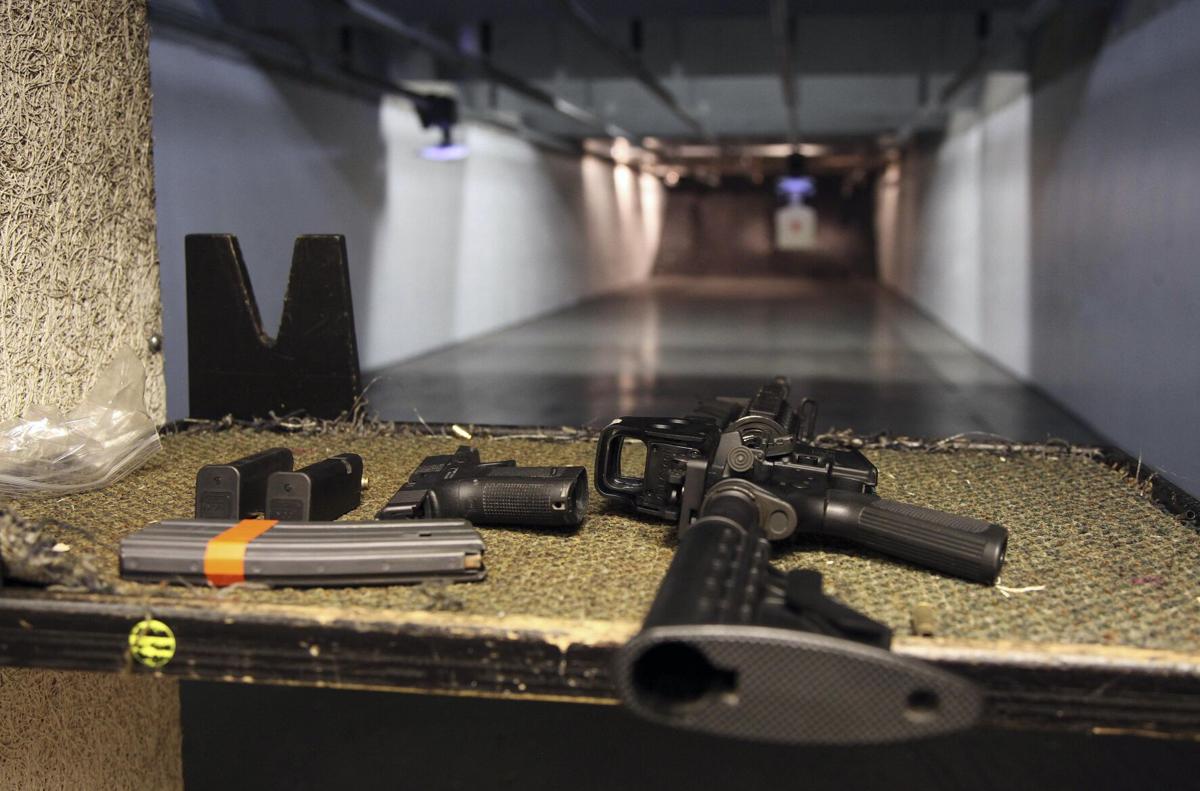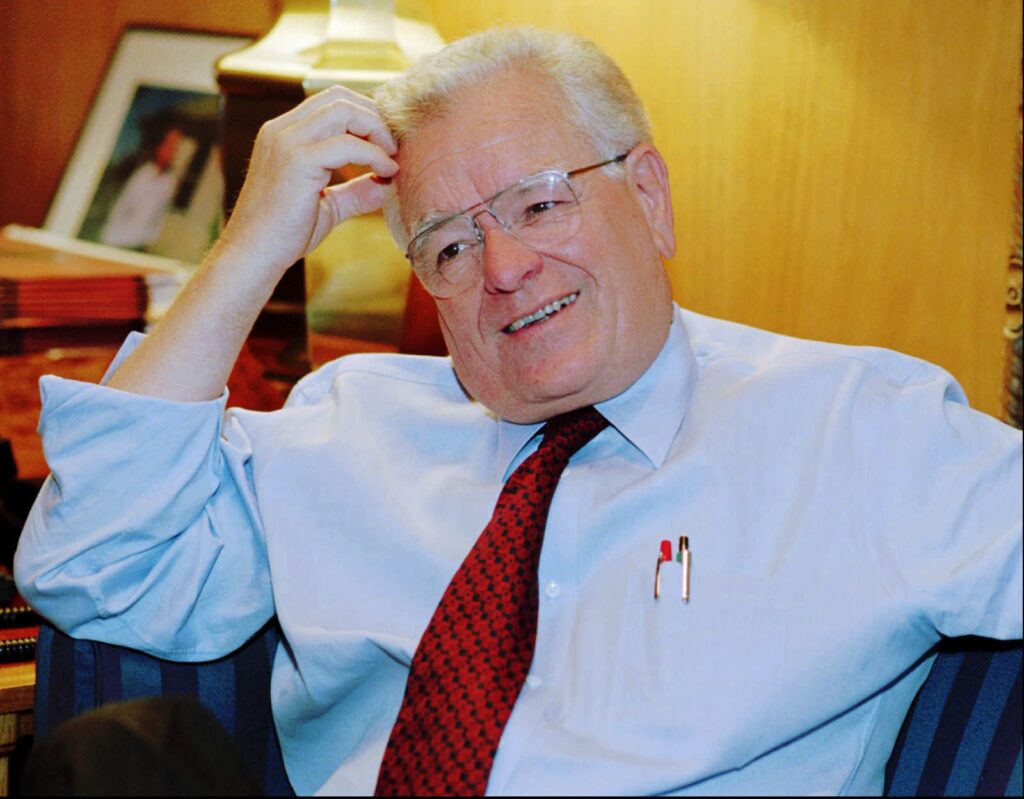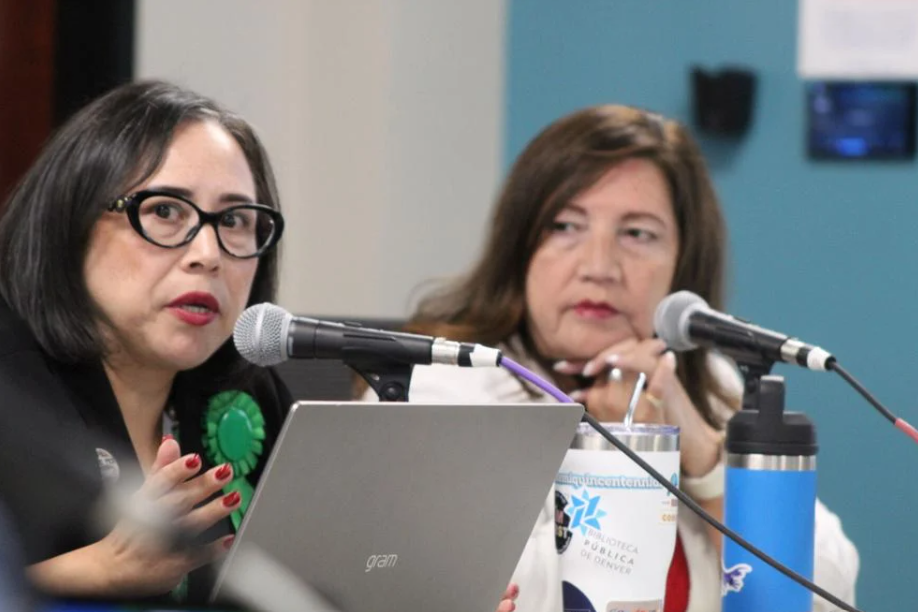Colorado Democrats advance concealed carry bill, DNA criminal cases ‘in question,’ Denver’s sanctuary crisis spills into nearby communities | WHAT YOU NEED TO KNOW
Today is March 11, 2024, and here’s what you need to know:
With Democrats calling it common sense legislation to get gun owners better educated, Republicans argued last week that the proposed changes to Colorado’s concealed carry permitting process infringes on Second Amendment rights.
House Bill 1174 mandates that all concealed carry permit training classes must be conducted in person with a curriculum to cover firearm safety, storage, state and federal gun laws, and self-defense and de-escalation tactics. Applicants must pass a written exam and live-fire exercise; renewals require a refresher course.
In a vote along party lines, the bill passed through the Committee of the Whole and will proceed to its third reading before making its way to the Senate.
More than a thousand Colorado criminal cases now 'in question' due to data manipulation by state DNA scientist, investigative report says
DNA findings in more than 1,000 criminal cases in Colorado are now “in question” due to data manipulation by former Colorado Bureau of Investigation DNA scientist Yvonne “Missy” Woods, state officials announced on Friday when they unveiled the findings of an internal investigative report into Woods’ work.
The internal CBI investigation found that Woods deviated from standard protocols in her work and tampered with DNA results, omitting material facts in official criminal justice records.
The CBI issued a press release summarizing the internal investigative findings into the work of the 29-year veteran of the CBI crime lab but still has not released the actual internal investigative report. Officials there cited an ongoing criminal investigation into Woods as the reason why they will release no further information to the public.
The South Dakota’s Division of Criminal Investigation is conducting the criminal investigation into Woods on Colorado’s behalf to avoid a conflict of interests.
Federal judge weighs immunity for Westminster officer who shot, killed man in mental crisis
A federal judge on Friday heard arguments over whether a Westminster police officer may be held liable for shooting and killing a 27-year-old man experiencing a mental health crisis after lesser forms of restraint did not defuse the encounter.
Although Birendra Thakuri’s mother filed suit against Officer Steven Bare and the city one year after her son’s death in August 2018, U.S. District Court Judge Daniel D. Domenico took no action for more than four years on Bare’s motion to dismiss the case.
Even after state lawmakers passed legislation in the summer of 2020 that potentially would have enabled Thakuri’s mother to assert a new claim under the Colorado Constitution, Domenico ignored the parties’ joint request to ask the Colorado Supreme Court whether the law applied to Thakuri’s case. He further responded curtly when the parties sought an opportunity to address him in person.
However, two weeks after Colorado Politics reported that Domenico had a disproportionate number of motions languishing on his docket relative to other federal judges — including motions pending for multiple years — Domenico changed course and scheduled a hearing to address the long-overdue requests in Thakuri’s lawsuit.
As Denver's sanctuary city crisis spirals, nearby communities and nonprofits scramble to respond
Denver is surrounded by counties and cities that, like Aurora, have deliberately avoided being tagged with a “sanctuary status.” Some, worried about getting saddled with the costs after seeing what’s unfolding in Denver, have gone further to try and deter immigrants from coming into their territories.
Nonprofit leaders said that stance has left those operating in Denver’s surrounding communities scrambling to help the immigrants — and to sustain that help.
Others inferred, though they didn’t it say it outright, that Denver’s “welcoming” stance — Mayor Mike Johnston has always reiterated the city will do its best to help the immigrants, as opposed to signaling he doesn’t want them arriving in the city — is the problem, as it is attracting immigrants to the Front Range and the crisis is then spilling over into nearby localities.
Q&A with Jeff Rupp | Judicial advocacy group's director talks about common goals, differences with judicial branch
The Colorado Judicial Institute is a 45-year-old nonprofit originally founded to focus on the state’s relatively new system of appointing and retaining judges, which voters enacted to replace partisan judicial elections.
Now, CJI’s work also includes advocating on behalf of the judiciary, informing the public about the courts and supporting the continuing education of judges.
CJI’s executive director, Jeff Rupp, is not an attorney, but describes himself as a “longtime student of American history.” Having spent his career in nonprofit management, Rupp joined CJI in 2022 and saw the role as a natural fit with his interest in civics and social studies.












